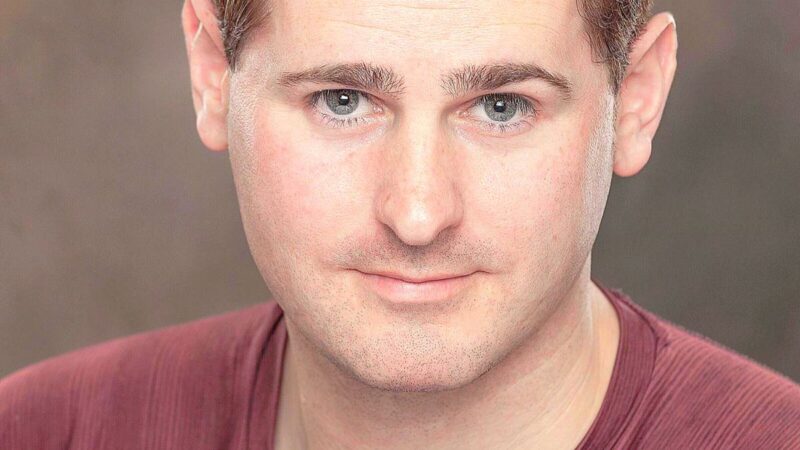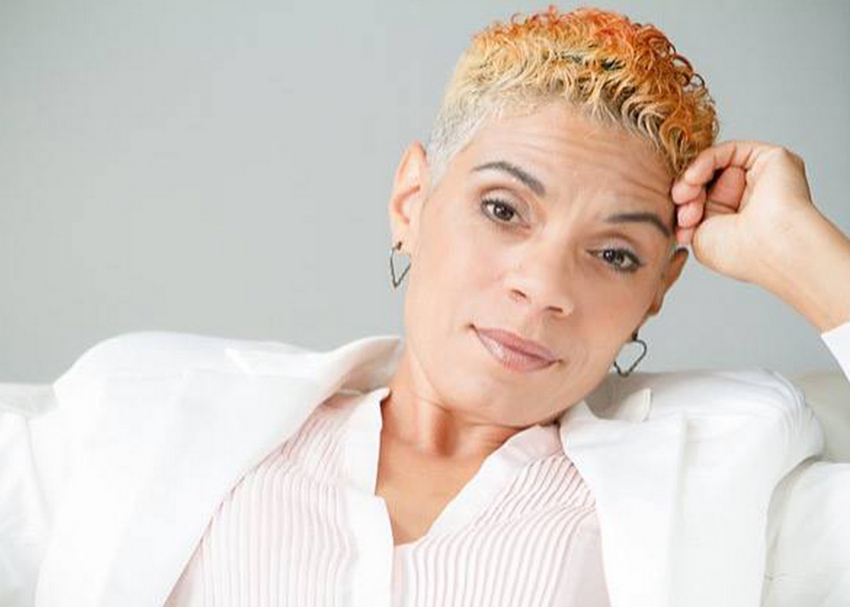
When I was a year old, social services placed me in foster care. Against my wishes, social services placed me back with my biological mother when I was 10. The atmosphere of her home was abundant with drugs, alcohol, and abuse. I witnessed my mother being robbed at gunpoint, the police raiding our home and my mother being severely beaten.
These never-ending events became the narrative of my life—a narrative I sought to edit and direct, if only in my mind. To escape the trauma of my youth I immersed myself deeply into books, film and acting. Eventually I transitioned behind the camera as a director.
Q: How would you describe your work as a director?
Star Victoria: When I began directing I knew that I wanted to make heartfelt stories based on real situations. My motive for directing stemmed from unanswered questions about my life. As a storyteller, I want to help others achieve their own clarity by framing the difficult questions in such a way so viewers can seek their own truths and dive deep to explore the depths of relationships in their own lives. I believe a powerful story can inspire a person to face his or her own realities and overcome their own personal adversity. Either by fiction or truth, I strive for an honest emotional response. My work as a director reflects this ideology.
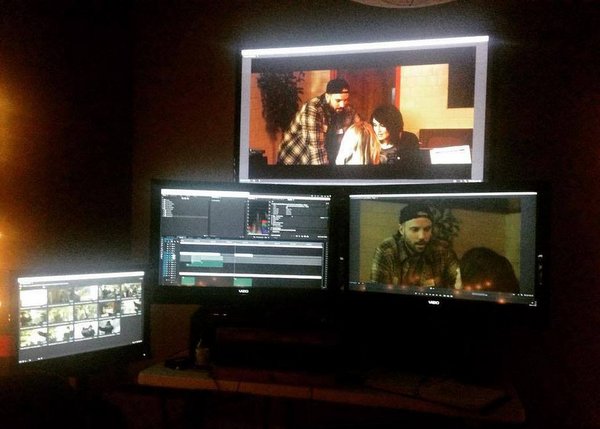
Q: How did you get into directing?
Star Victoria: As an actor, I wanted to be challenged by a director to help me bring a character to life in order to achieve a deep emotional performance. The first independent film I was on, the director never had a reading with the cast. We were unable to have an honest reaction to each other because we were all strangers meeting for the first time. Which, if the movie were about strangers meeting for the first time, would have worked well, but it was not. It was an intimate drama that flopped because our performances were flat and the director had no vision. At that point I made a choice to give actors a director they deserved; one that cared enough about their craft to help them uncover the soul of a character so that they could breathe life into it in order to achieve an honest, emotional performance.
Q: How do you choose a project to direct?
Star Victoria: The projects I choose to direct generally stem from true-life situations. I listen to people talk about the trials, tribulations and successes they have experienced in life. I take a piece of their story and create a fictitious world around the question, “What if?” For example, a friend was in a car accident. A drunk driver hit him. The accident nearly took his life. I posed the question what if the drunk driver and passenger were siblings. This became the basis for one of my award winning short films.
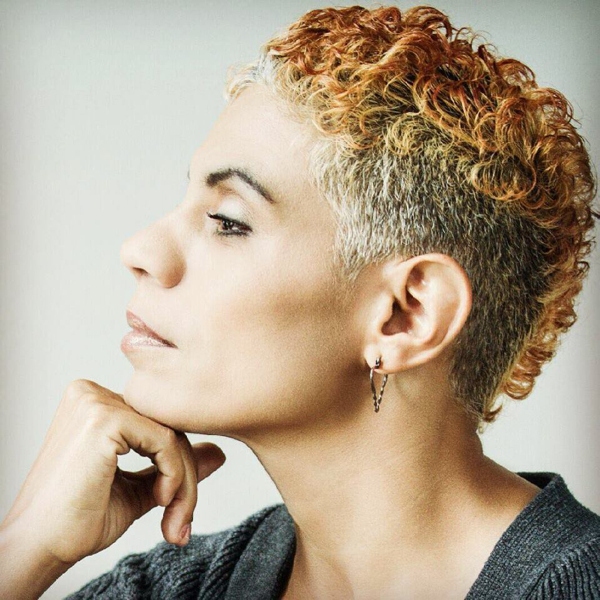
Q: Describe wrong impressions actors, writers, and directors have about directing?
Star Victoria: I wouldn’t say people have the wrong impression about directing. I believe many new filmmakers, writers and actors don’t fully grasp that directing is a very collaborative vocation and it’s more then just the visual story that a director creates. There has to be a bond between director and actor in order for the characters to live in their world with no expectations. It takes a special person to be able to direct a true emotional performance.
Q: Do you take courses to increase your craft?
Star Victoria: I believe that educating oneself in the art of directing is imperative. One can only be their best when they continue to grow, learn and change. I have recently been accepted into USC’s School of Cinematic Arts for my MFA in film, but previously I have taken workshops on directing with Jim Pasternak, an acting workshop with Rainn Wilson, A producing workshop with Diane Ashford and a complete year of study as a director protégé under Brandon McCormick of Whitestone Motion Pictures.
Q: What books do you read?
Star Victoria: I’ve read books such as the Directors Intuition, Directing actors, Story by Robert McKee, The Anatomy of Story and even book on editing by Walter Murch. For me, as a director I want to know all aspects of screenwriting and editing in order to have a solid vision and skill with visual storytelling.
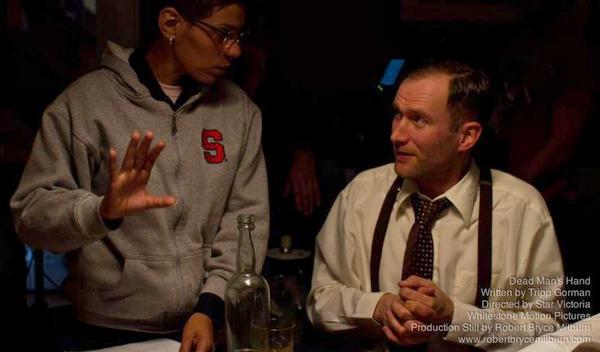
Q:Why will you choose an actor, writer or producer. What do you look for?
Star Victoria: I choose actors based on their ability to breath life into the characters in the stories I want to tell. I have a general idea of what the character would look like so I try to audition the ones that may embody the physical look of the character, but if I come across a performance that blows me away, I would choose that actor over any other regardless of whether they embodied the look I had in mind.
Q; When offered a project, what things do you put in place to deliver a good job?
Star Victoria: When I am offered a project the first person I put in place is a stellar cinematographer. Someone that has a very collaborative vision that is along the lines of my vision, but still their own. I don’t want to be the soul visionary because filmmaking is a collaborative platform. I always have my vision as the umbrella of the story and then welcome ideas from the cinematographer to come together and make a powerful visually story.
Q: Briefly explain your latest work?
Star Victoria: My latest work is a documentary that intertwines a love story with the body-painting world, in particularly a body painting cabaret titled The Red Room – A Cabaret of Art, Body & Love. It highlights several top body-painting artists from around the world including three contestants from GSN Networks Skin Wars reality show.
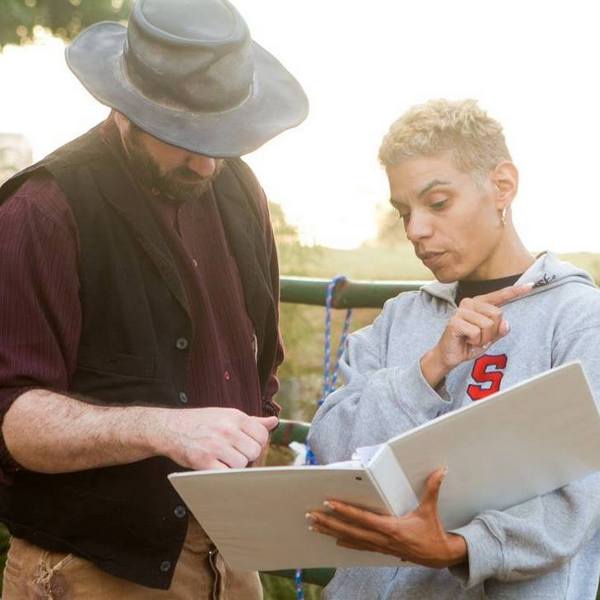
Q: What thing/situation helps you during production?
Star Victoria: The most helpful part of the filmmaking process is the hard working crew members that assist me on set. I can focus on working with the actors while they are busy setting and lighting the scene.
Q: Explain a creative choice you took on set on a recent production?
Star Victoria: On a recent production, I wanted to shoot a particular scene hand held that followed the action. After staging the scene and viewing the intricacy of the set design, I decided to leave the camera on sticks and choreograph the movement toward the camera. It’s a very intricate technique that was used in classic movies. It allowed the actors to have a more emotional performance.
Q: How do you advise directors to find projects?
Star Victoria: I find my projects by observing life and listening to people’s stories. I read news articles, books, watch movies and think about the characters in the background. I question what their story would be. I advise fellow filmmakers to think about the people that most others look past. For example, while most will focus on the story of the person that committed a murder, or the victim/victim’s family, think about the child of the mortician that has to do the autopsy on the victim. I am sure there is a great story there.
Q: How can filmmakers finance projects?
Star Victoria: Many people I know have used crowdfunding platforms to finance their independent movie. I too have had success using such platforms. Of course one can always try the traditional pitch to production companies, but it’s always very difficult to get a production company to take notice of you unless you have had major success with short films via Vimeo, YouTube, and of course all major film festivals.
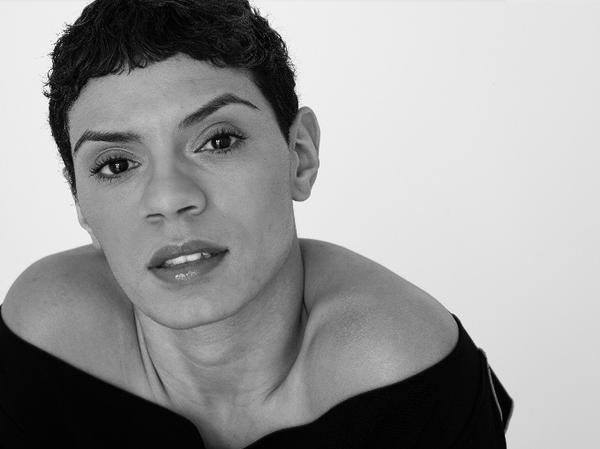
Q: What do you want from an actor in production?
Star Victoria: Empathy. I want them to Empathize with the character, not judge. Everyone has a reason for being who they are even if we don’t agree with who they are and what they do. A villain may have a traumatic experience that turned them into who they are. It’s not our place to judge these characters. We simply have to get to know them and empathize with them. The best stories are ones where you are conflicted with disliking the antagonist and caring about them at the same time.
Q: How do you prefer to work with a producer during a production?
Star Victoria: As a director I want to focus on the story and the actors. I prefer to work with producers in a way that allows me to hand over all the logistics of the filmmaking process to them. I like working with producers that trust my ability to tell a great story and to choose the right talent to bring the story to life.
Q: What do you think a director can do to get into the film industry?
Star Victoria: In order for a director to get into the film industry a director must direct. Grab any camera and start making movies. I also believe strongly in attending college for directing. That is why I chose to go to college and just got accepted to USC to obtain my MFA in Film & Television production
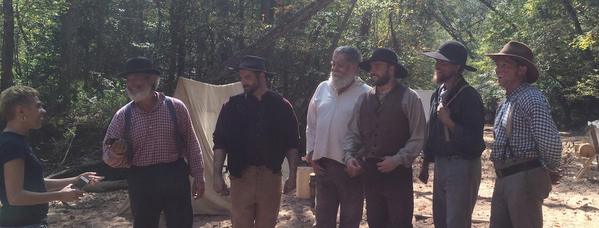
Q: Who is your favorite director?
Star Victoria: I don’t have one favorite director. There are too many directors I like for many different reasons. Right now I am studying Won Kir Wei.
Q:Why?
Star Victoria: I love how he chooses to uses textures and music in his films. It’s absolutely beautiful and I feel the emotion of the characters more because of those choices.
Q: What advice would you give to directors around the world?
Star Victoria: In the words of Shia LaBeouf, “Just Do it!” Seriously, just get out there with a camera and do it! Pick up trade magazines on filmmaking, read books & blogs about the process of storytelling/filmmaking. Ask fellow directors to shadow them and just go out there and do it!
Q: Briefly write about your career?
Star Victoria: I’ve directed over 14 short projects from short films, PSA’s, Book trailers, a feature documentary and even sports doc’s for Bleacher Report. I have met some wonderful filmmakers and have collaborated on their projects working in many different positions from Producer, Editor, Script Supervisor, Unit Production Manager, 1st AD to VFX Assistant Coordinator on the Alvin & The Chipmunks Road Chip. Having experiences working in so many different positions has helped me to have a better understanding of filmmaking overall. I am able work very proficiently when directing yet still get my vision across.
Follow Star Victoria on Social Media
Website
Facebook
Twitter
Vimeo
IMDB
Instagram

